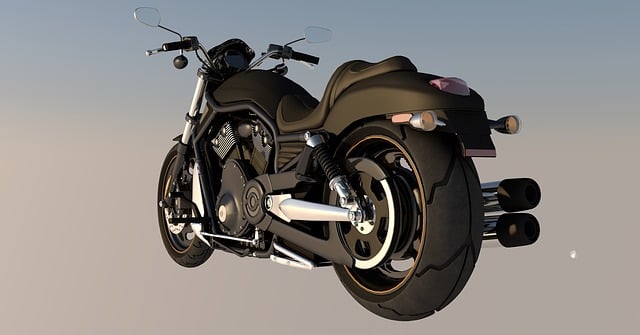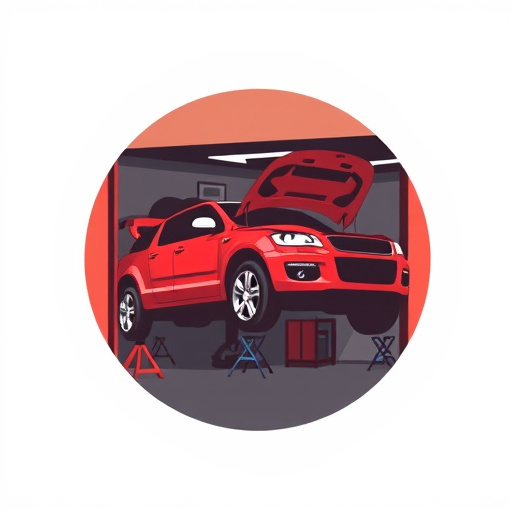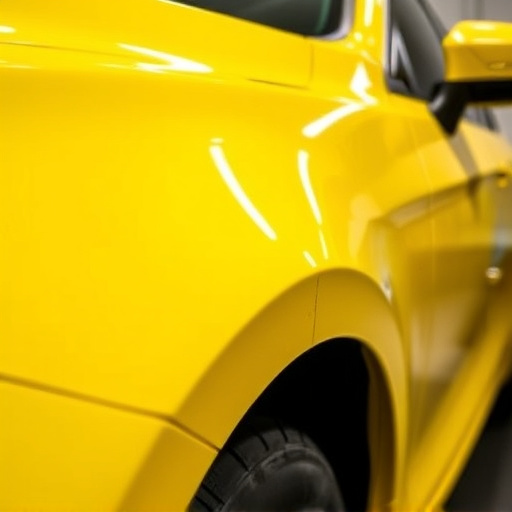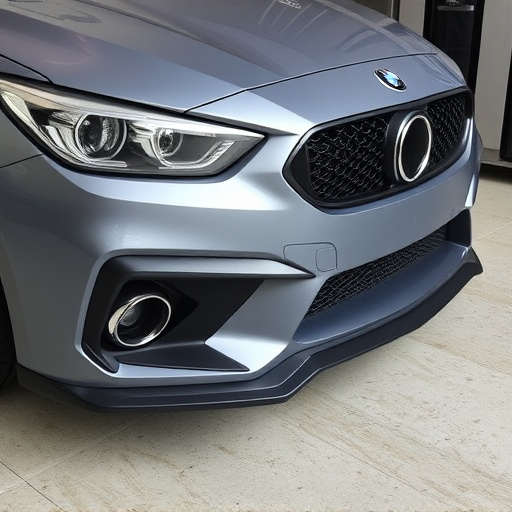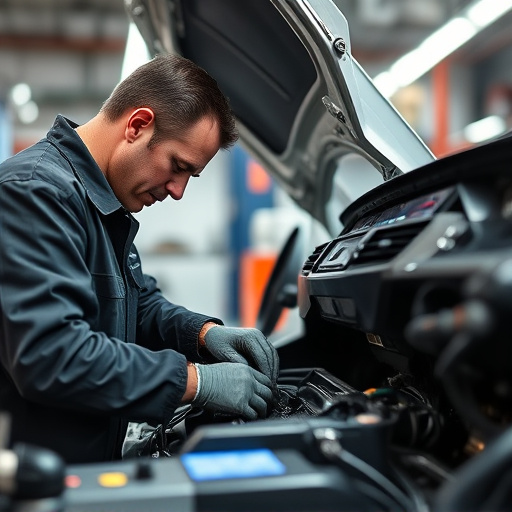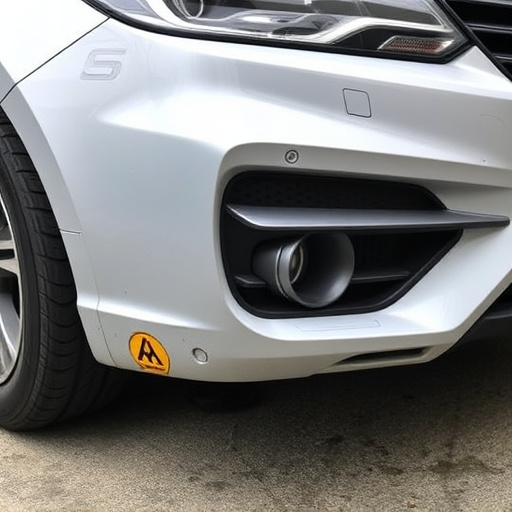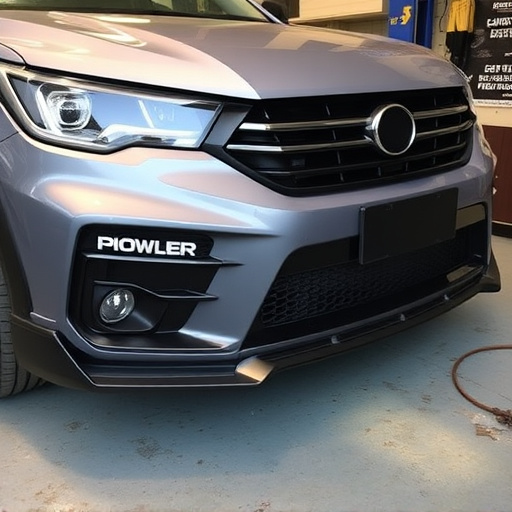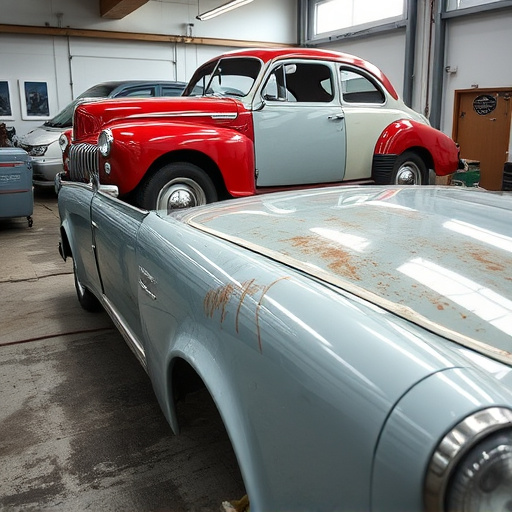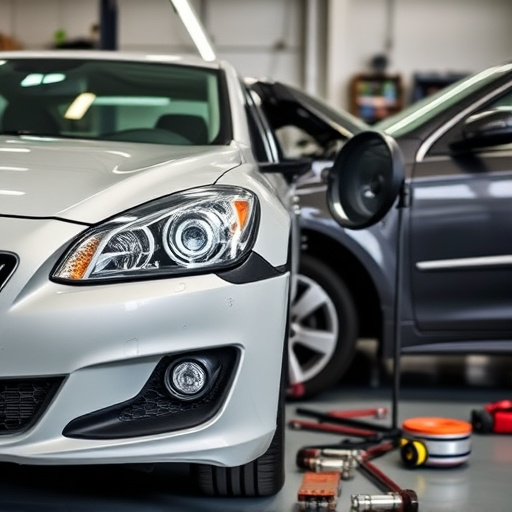Auto glass safety standards are crucial for modern vehicles, with strict regulations covering impact resistance, retention, and penetration. Tempered safety glass, now industry standard, offers five times the strength of regular glass thanks to a specialized heating process. This shatter-resistant material breaks into small, non-sharp pieces upon impact, reducing injury risk. Its durability also simplifies dent repairs, maintaining structural integrity and passenger safety while minimizing vehicle damage, time, and costs.
“In the realm of automotive safety, understanding auto glass safety standards is paramount. Tempered safety glass, a revolutionary material, offers far more than break resistance. This advanced technology plays a crucial role in enhancing passenger protection, adhering to stringent auto glass safety standards.
Unlike traditional glass, tempered safety glass shatters into small, non-sharp pieces upon impact, minimizing the risk of severe injuries. Its strength and durability make it an indispensable component in modern vehicles, ensuring driver and passenger safety while navigating bustling roads.”
- Auto Glass Safety Standards: The Foundation of Protection
- What is Tempered Safety Glass and How Does it Enhance Security?
- Benefits Beyond Break Resistance: Unlocking Peace of Mind with Tempered Glass in Vehicles
Auto Glass Safety Standards: The Foundation of Protection
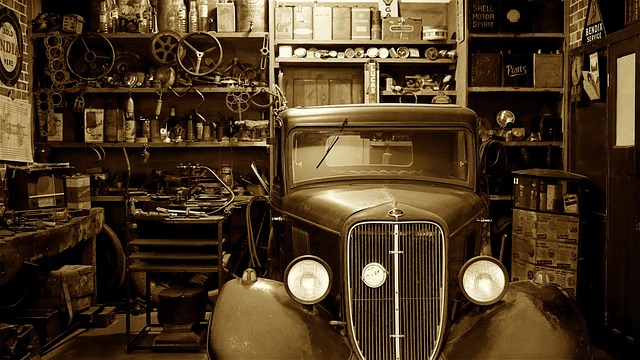
The safety of automotive glass is a critical aspect of vehicle design and has evolved significantly over the years. Auto glass safety standards are the foundation upon which modern vehicles’ protection and structural integrity rest. These standards ensure that auto glass, often subjected to extreme forces during collisions, performs its vital role in safeguarding occupants without compromising their comfort or visibility.
In many countries, strict regulations govern the production and installation of auto glass, particularly focusing on impact resistance, retention, and penetration resistance. The goal is to minimize the risk of injury by preventing glass from shattering into sharp fragments when subjected to force, commonly during accidents. These standards have led to the development of tempered safety glass, a revolutionary material that has become the industry norm, offering far greater protection than conventional glass. Its application in car bodywork, especially in windshields and side windows, ensures that occupants remain relatively safe even in the event of severe collisions, while also facilitating efficient repairs or replacements through techniques like paintless dent repair, offered by reputable car body shops.
What is Tempered Safety Glass and How Does it Enhance Security?

Tempered safety glass is a type of enhanced glass designed to provide superior strength and durability compared to standard glass. The process involves heating and rapidly cooling the glass, creating molecular bonds that make it up to five times stronger than normal glass. This innovative technology plays a pivotal role in enhancing security in various applications, particularly in automotive sectors.
In auto glass safety standards, tempered safety glass is highly regarded for its ability to minimize the risk of injury during accidents. When subjected to impact or sudden force, this specialized glass shatters into small, non-sharp fragments, reducing the potential for severe cuts and lacerations compared to traditional glass. This feature is especially valuable in automotive bodywork, where shattered glass can cause significant damage and pose safety hazards. Moreover, its superior strength makes it a reliable solution for dent removal and repair processes in an automotive body shop, ensuring both structural integrity and customer safety.
Benefits Beyond Break Resistance: Unlocking Peace of Mind with Tempered Glass in Vehicles

Tempered glass in vehicles offers far more than just break resistance, providing drivers and passengers with a heightened sense of security and peace of mind. Unlike traditional auto glass, which can shatter into sharp fragments upon impact, tempered glass is designed to crumble into small, non-hazardous cubes, significantly reducing the risk of injury during an accident. This characteristic not only protects occupants but also prevents dangerous debris from entering the cabin, enhancing overall safety.
Beyond this fundamental advantage, tempered glass contributes to a smoother and more efficient auto body repair process. Its durability means cracks or chips are less likely to spread, allowing for easier frame straightening and car body restoration. Even minor damages can be effectively repaired, preserving the vehicle’s structural integrity and aesthetic appeal, with minimal need for extensive auto body repairs. This not only saves time and money but also ensures your vehicle retains its value and safety ratings in accordance with stringent auto glass safety standards.
Tempered safety glass is a revolutionary advancement in auto glass technology, built on top of robust auto glass safety standards. Its superior break resistance offers enhanced security for drivers and passengers, providing peace of mind on the road. Beyond its break-resistant properties, tempered glass contributes to improved vehicle safety features, better energy efficiency, and reduced weight, making it an indispensable component in modern vehicles. By understanding these advantages, it’s clear why tempered safety glass is now the industry standard, ensuring safer driving conditions for everyone.
